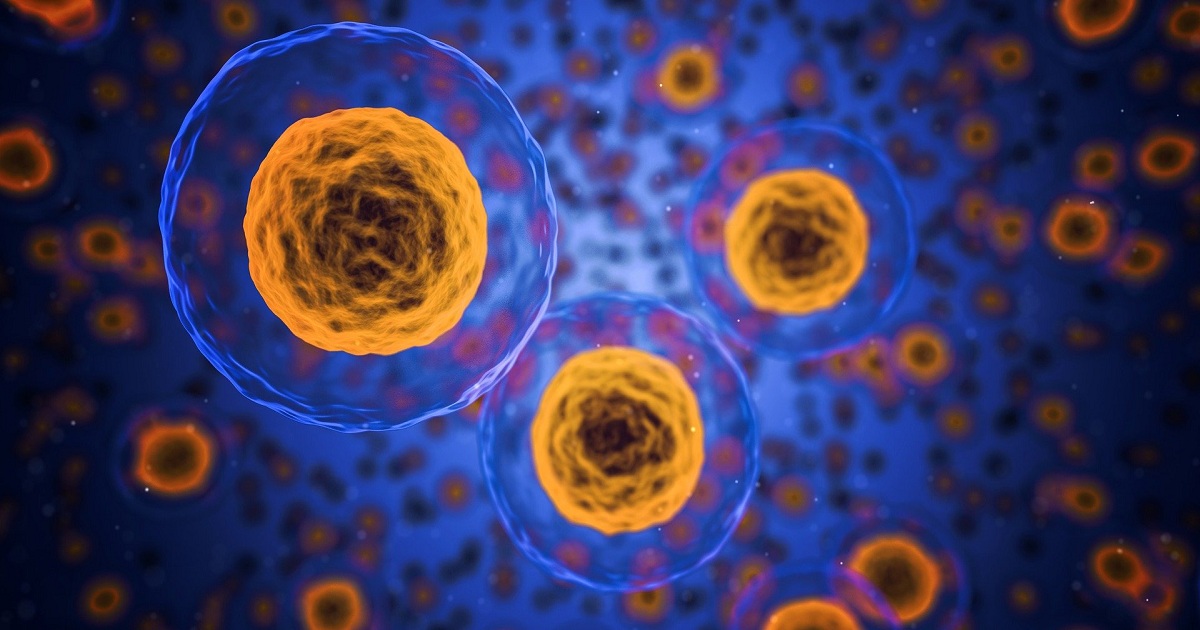Researchers make important cell division discovery
Phys.org | March 14, 2019

Researchers at the University of Dundee have provided important new insights into the regulation of cell division, which may ultimately lead to a better understanding of cancer progression. Cell division, also known as mitosis, is the process by which a parent cell divides into two daughter cells containing the same DNA content. If this process goes wrong and the DNA is not partitioned equally then diseases such as cancer can arise. To safeguard against these errors, the cell uses two classes of enzymes, known as kinases and phosphatases, to monitor division and switch signals on and off at certain times. Although scientists know much about the kinases that turn signals on, much less is known about the phosphatases that switch them off. A team, led by Dr. Adrian Saurin at the University's School of Medicine, looked at PP2A-B56, a major phosphatase family that plays key roles during mitosis. What they discovered is that this enzyme is much more complex than previously thought.